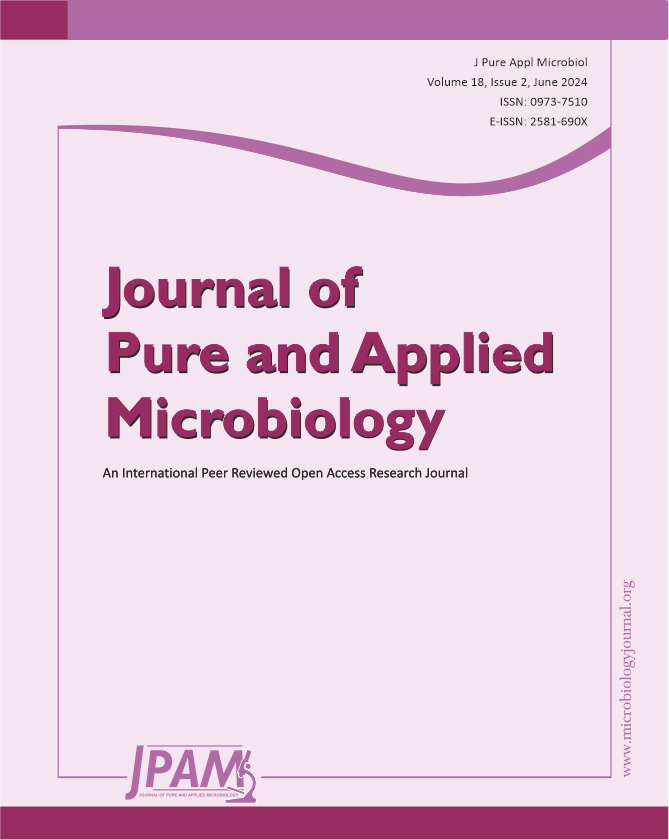This study comprehensively examined the Avicennia marina plant, a key species along the Red Sea coast of the Saudi Arabian Kingdom, focusing on its microbial, biochemical, and ecological aspects. Specimens, including leaves, seeds, and seedlings of Avicennia marina plant, were collected during the summer of 2021 from two distinct mangrove-abundant regions in Yanbu Governorate, Kingdom of Saudi Arabia. Analysis of the plant revealed significant heavy metal concentrations in its sediment, leaves, and seeds, with the sediment from region 1 recording metals such as Cr (40.202 ppm) and Se (30.522 ppm). Additionally, the plant’s extracts exhibited notable antimicrobial properties, inhibiting growth of several pathogenic bacteria, with ethyl acetate extracts from leaves being especially potent against strains like P. aeruginosa and S. aureus. Moreover, from the leaves collected in the Yanbu region, 10 unique endophytic bacterial species were identified. Utilizing genomic analysis tools, two of these bacteria were closely characterized, revealing more than 99% similarity to known bacterial species; Mixta and Cytobacillus species, emphasizing the microbial diversity within the mangrove leaves. In sum, Avicennia marina emerges as ecologically significant, with potential implications for bio-remediation and antimicrobial applications, and as a reservoir of diverse microbial species. With mounting global challenges, such as climate change, understanding these microbial-plant interactions is pivotal for both conservation and biotechnological pursuits in the future.
Avicennia Marina, Endophytic Bacteria, Heavy Metals, Yanbu, Saudi Arabia
© The Author(s) 2024. Open Access. This article is distributed under the terms of the Creative Commons Attribution 4.0 International License which permits unrestricted use, sharing, distribution, and reproduction in any medium, provided you give appropriate credit to the original author(s) and the source, provide a link to the Creative Commons license, and indicate if changes were made.


